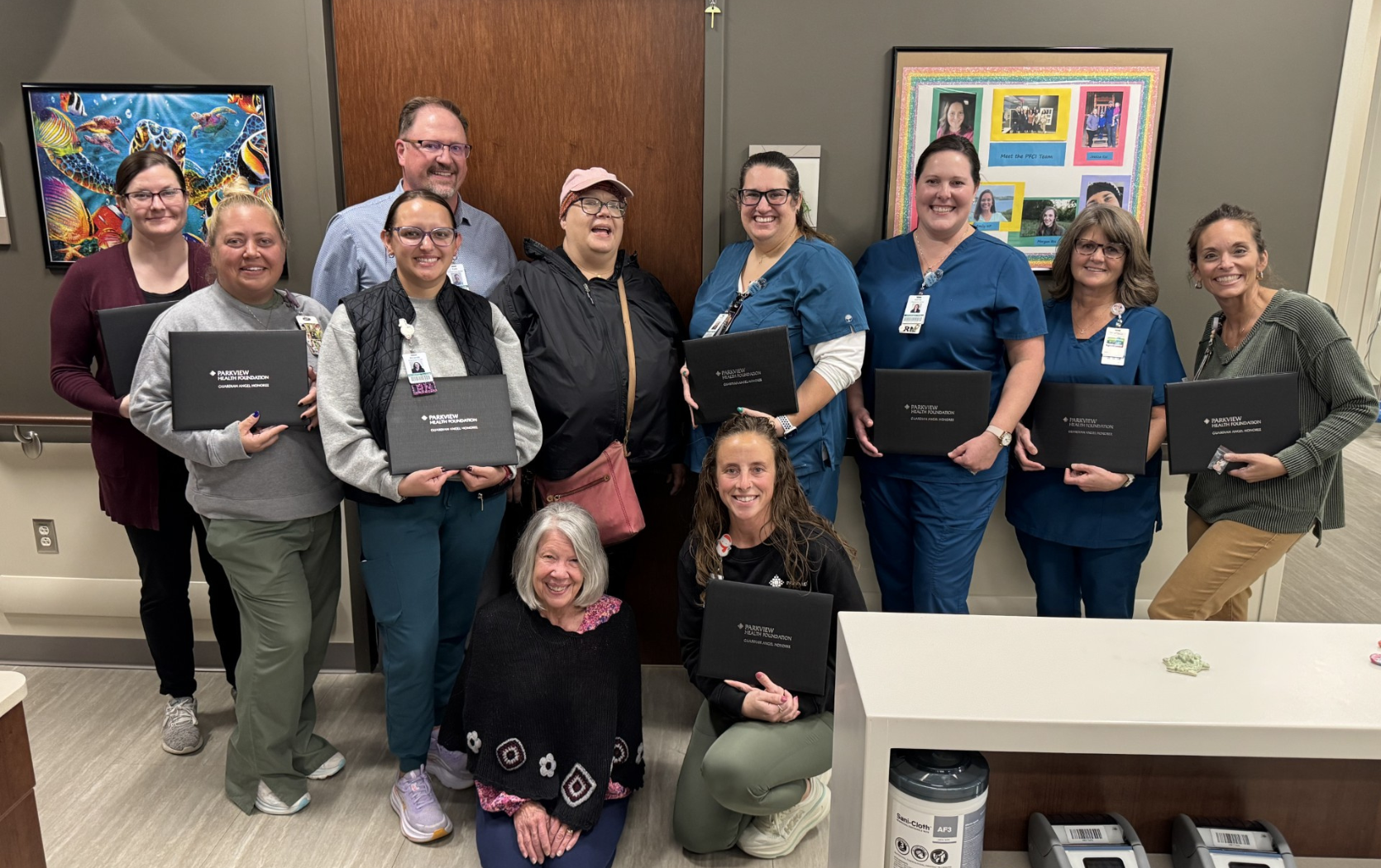It is estimated that one in every three American adults has high blood pressure. Elevated blood pressure ranks high among the risk factors for heart attack and congestive heart failure, a serious condition in which the heart cannot pump enough blood to supply the body's needs. In addition, high blood pressure has serious implications on:
- The brain – high blood pressure is the most critical risk factor for stroke
- Vision – may cause blurred or otherwise impaired vision, and can even result in blindness
- Arteries – located throughout the body may "harden” with plaque buildup, which causes the heart and kidneys to work harder
- Kidneys – high blood pressure can narrow or thicken the blood vessels within the kidneys. When this happens, the kidneys do not function properly and toxins build up in the blood
120 over 80
Blood pressure is measured as two numbers: the systolic pressure (the highest pressure as the heart beats) over the diastolic pressure (the lowest pressure as the heart rests between beats). The measurement is written one above or before the other, with the systolic number on top and the diastolic number on the bottom. For example, a normal blood pressure measurement is no more than 120/80, which is expressed verbally as "120 over 80."
In addition to your physician’s office, there are many places to have your blood pressure taken in the community. You may even decide to purchase a blood pressure cuff so you can check your blood pressure routinely at home. Not all equipment is reliable. So whether you plan to check your blood pressure at a local retail store or at home, talk to your physician about the type of equipment preferred.
To increase reliability of a blood pressure reading, follow these tips as much as possible.
- Wait at least 30 minutes after eating, smoking or exercising before taking your blood pressure
- Don't use medications that can raise blood pressure, such as certain nasal sprays
- Sit in a comfortable, relaxed position with both feet on the floor for at least 5 minutes before taking your blood pressure, and don't move or talk during measurement.
- If you can, use the same arm for every reading. Readings may be somewhat different between your right arm and your left arm.
Causes
Regardless of race, age or gender, anyone can develop high blood pressure. Most of the time, the cause of high blood pressure is not known. Certain risk factors, though, will increase your risk for developing high blood pressure, including:
- Obesity or having excess weight
- Excessive alcohol use
- Tobacco use
- Family history
Prevention
Although high blood pressure usually cannot be cured, it can often be prevented and controlled. Keep your blood pressure in check with these strategies:
- Exercise for 30 minutes at moderate intensity at least 5 days each week
- Eat fresh foods, reducing your consumption of processed foods
- Maintain a healthy weight
- Limit alcohol
- Limit dietary sodium to no more than 1,500 mg/day
- Practice relaxation techniques each day
- If blood pressure medication is prescribed by your physician, be sure to take it exactly as ordered
If your physician indicates that you have high blood pressure, you’ll want to check it regularly. If you do not have a personal physician, you may contact 1-877-PPG-TODAY to learn of Parkview physicians who are accepting new patients.



